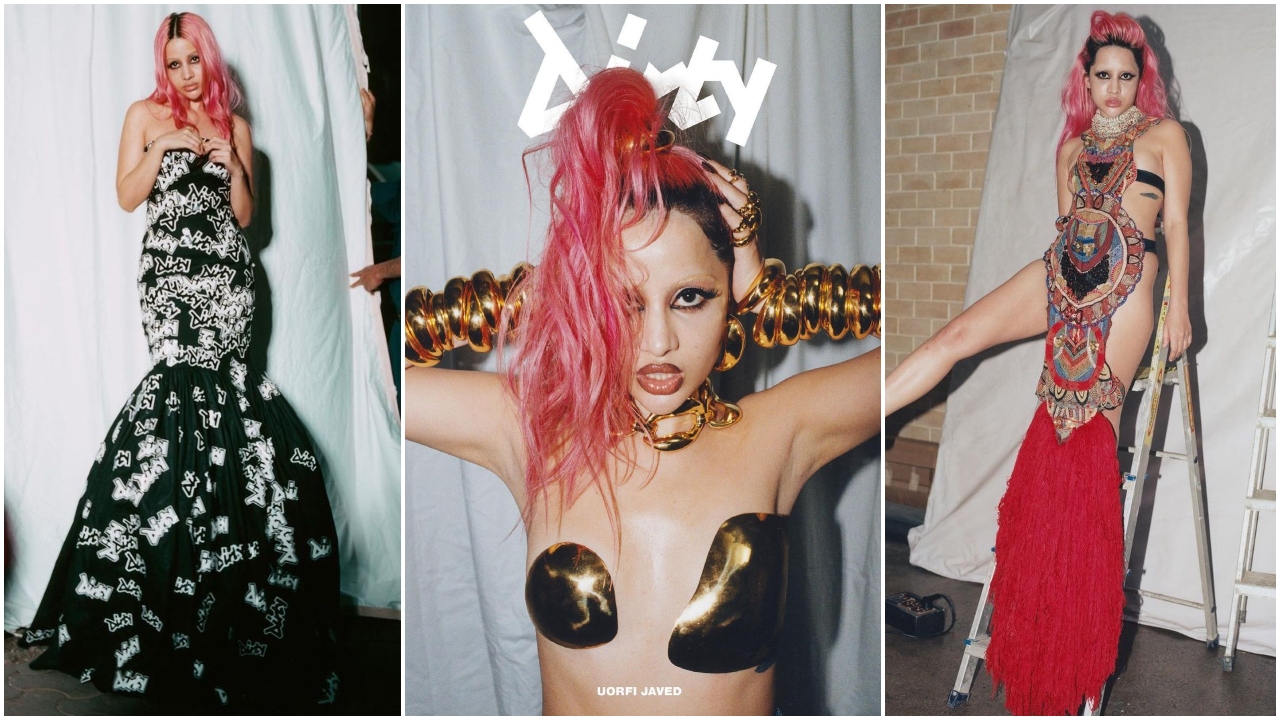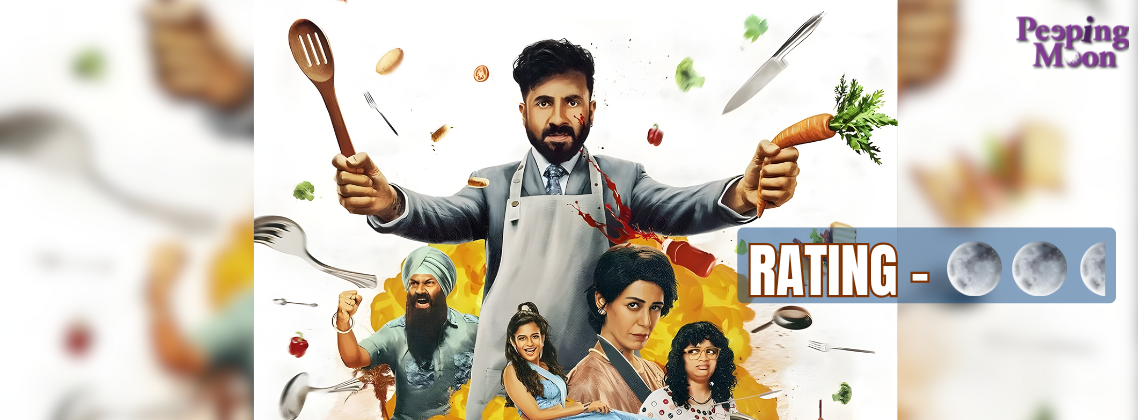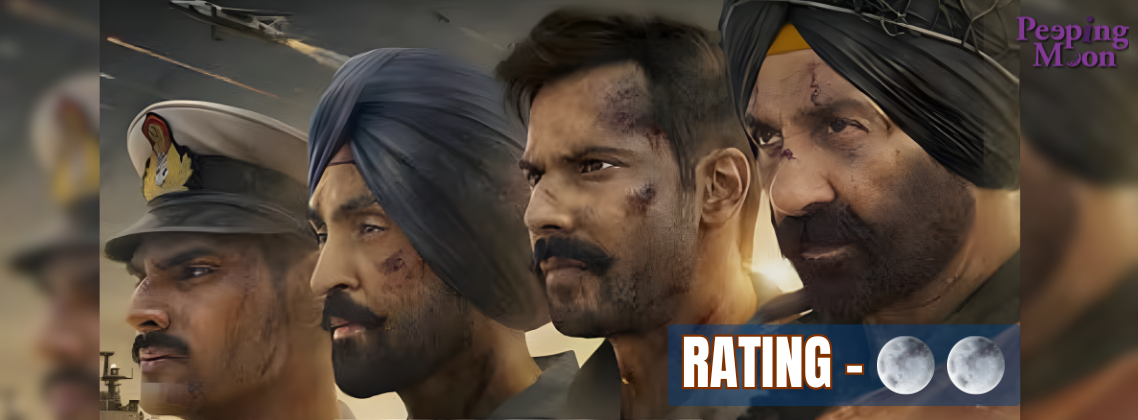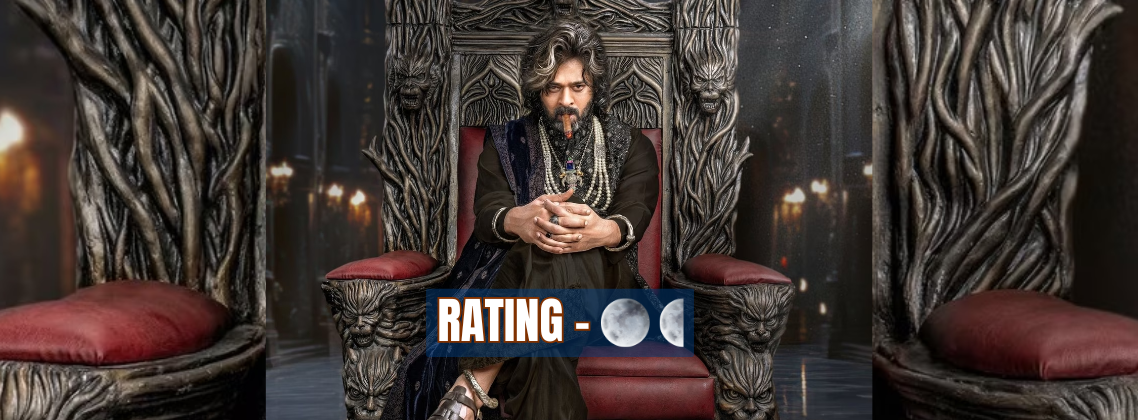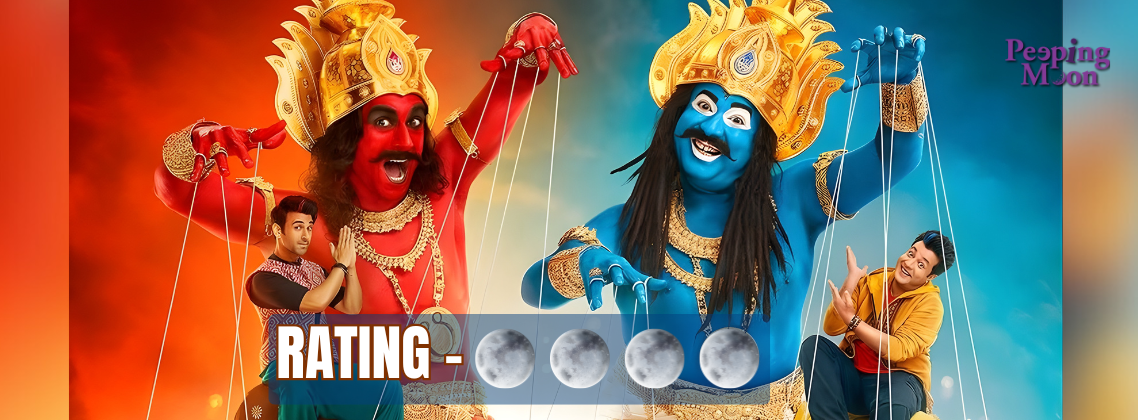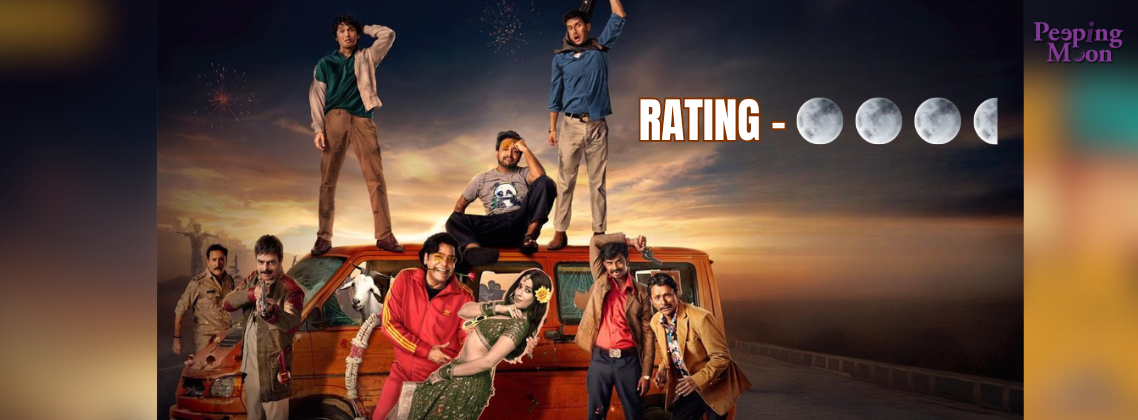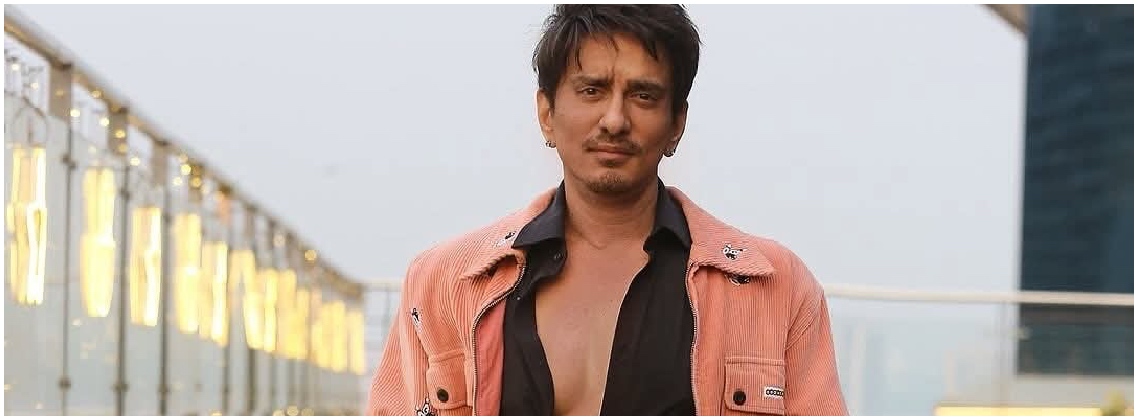On Tuesday, Vanity Fair’s July/August 2020 cover released featuring Hollywood actress Viola Davis. The cover received a lot of attention for finally having their first cover captured by a black photographer. This decision comes after a 46-year-old black American man, George Floyd, was killed in Minneapolis, Minnesota, during an arrest for allegedly using a counterfeit bill. This had created rage amongst the citizens and ever since several fashion companies are supporting black people as a part of the campaign #BlackLivesMatter.
Known for raising her voice for what's right and fighting for her rights, the Oscar-winning actress had been to the streets last month to protest the death of Floyd. As a Black actress in Hollywood, she has spent her career doing it. “My entire life has been a protest,” Davis said. “My production company is my protest. Me not wearing a wig at the Oscars in 2012 was my protest. It is a part of my voice, just like introducing myself to you and saying, ‘Hello, my name is Viola Davis.’”
Now, on the cover, Davis can be seen wearing a stunning navy blue Max Mara gown. The photo, which shows off the open back of the dress, was meant to recreate “The Scourged Back,” a portrait from August of 1863 of an enslaved man named Gordon who escaped a Mississippi plantation, according to a Hollywood newspaper. Styled by Elizabeth Stewart, Viola looks marvelous on the covers with her back pose and curly fluffy hair.
The Magazine revealed that this was their first cover shot by a black photographer. "Davis was photographed by @dario.studio (Calmese)—the first Black photographer to shoot a Vanity Fair cover." In this issue, Davis speaks with V.F. about her extraordinary journey out of poverty and into the stubbornly unequal Hollywood system.
In an Instagram post following the story’s publication, Calmese thanked his cover star “for being [his] co-conspirator.” He also thanked Vanity Fair; Kira Pollack, the magazine’s creative director; Tara Johnson and Michael Kramer, its visual director and visual producer, respectively; and editor-in-chief Radhika Jones for the opportunity and for “believing in [his] vision." “Thank you to every black woman who’s felt invisible despite being on the front line of every fight. We see you. You are loved, you are powerful, and you are beautiful. This is for you,” he wrote.
(Source: Vanity Fair)



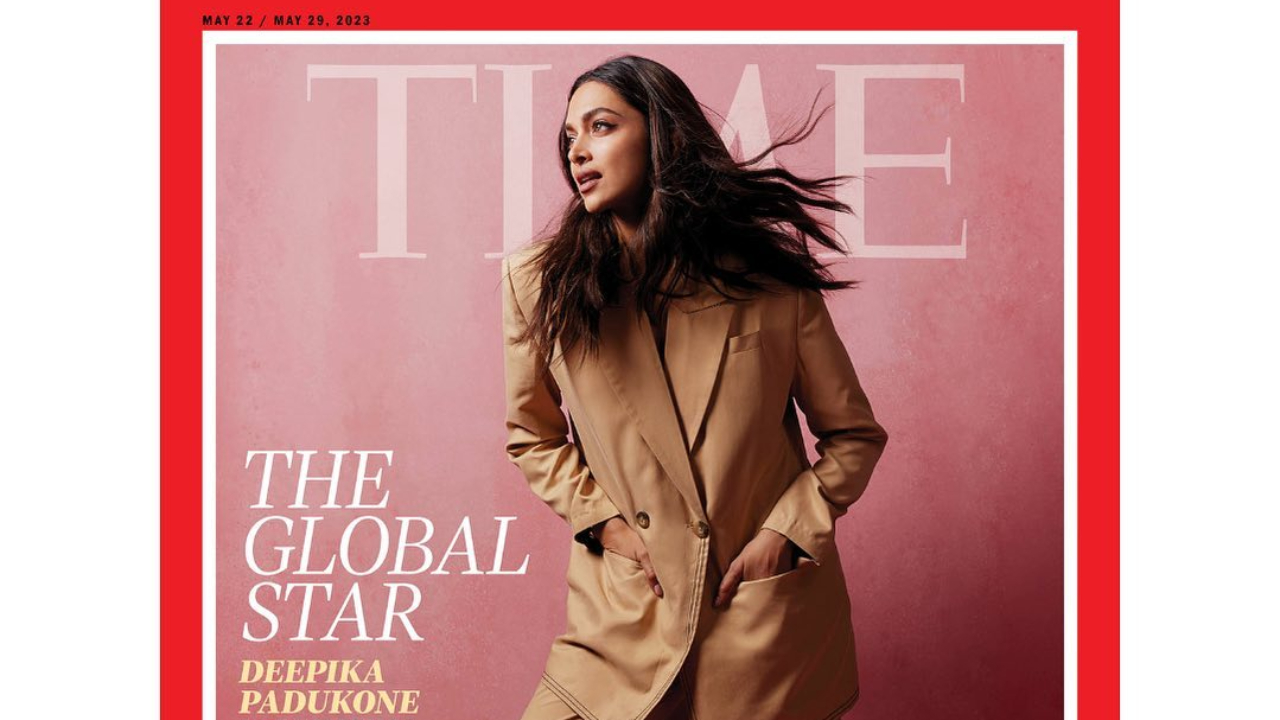
.jpg)
